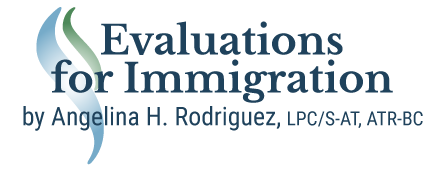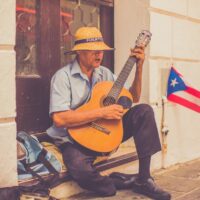There is a great deal of complexity surrounding immigration laws. This blog entry outlines some basic information about how domestic violence victims can obtain immigration benefits.
Violence Against Women Act (VAWA) was passed by Congress in 1994, providing special immigration status for battered non-citizens. Basic eligibility requirements include being the spouse or child of a citizen or permanent resident who is abusing the noncitizen. Self-petitioning allows the battered spouse/child to apply for immigration status without the abuser’s knowledge or involvement. Certain children and parents of the principal immigrant may be granted derivative status. In spite of its name, the VAWA type of immigration waiver includes both men and women. In cases of spousal abuse, a spouse from a foreign country is married to a U.S. citizen or legal permanent resident.
Following the marriage, the immigrant claims domestic abuse and seeks separated legal status from their U.S. citizen spouse, often because the U.S. citizen does not wish to assist his/her spouse with this process. VAWA petitions can be filed even when the marriage ends in divorce as long as domestic violence and/or abuse were involved when the couple was together.
In order to constitute extreme cruelty, the abuse must take a variety of forms. Extreme cruelty may include, but is not limited to, verbal threats of violence, forceful detention, psychological abuse, sexual abuse, exploitation, rape, molestation, incest (if the victim is a minor), and forced prostitution.
After a VAWA petition has been approved, immigrants are classified according to a preference system. Self-petitioners who are immediate relatives of U.S. citizens (spouses, parents, and unmarried children under the age of 21) may adjust their status to lawful permanent residence upon being approved for a VAWA petition. Spouses and children of lawful permanent residents must wait for an immigrant visa to become available. As long as they do not qualify for permanent residency, these petitioners can obtain work authorization.








